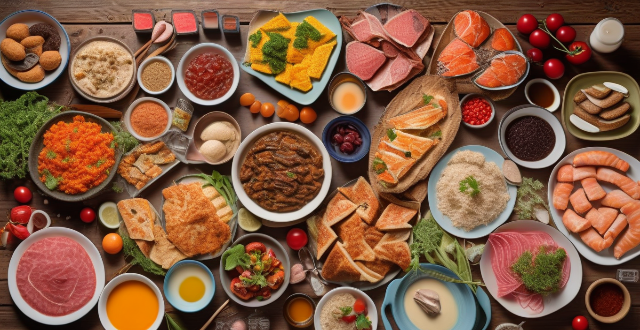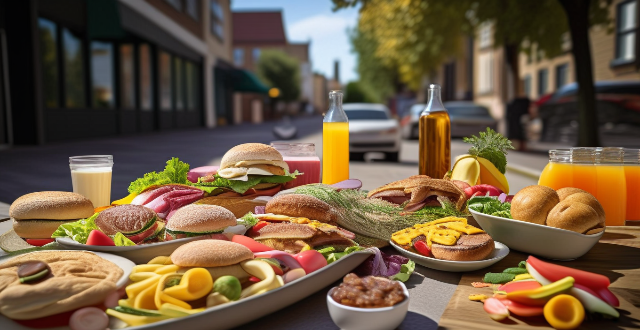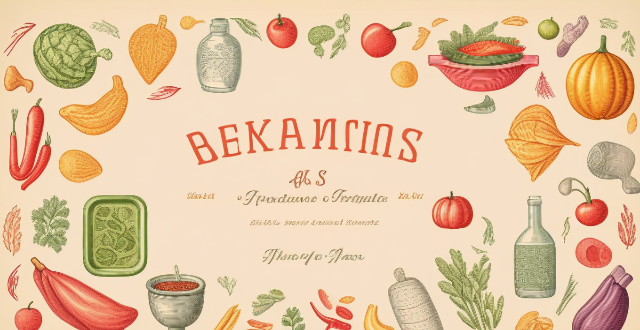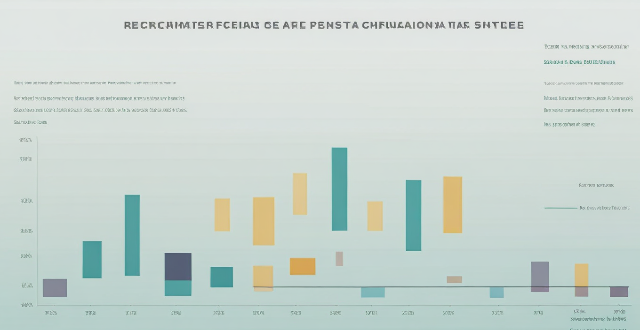Japan China

How does Japan manage its immigration with its strict policies ?
Japan's Immigration Management with Strict Policies Japan maintains strict immigration policies to protect its cultural identity and ensure the smooth integration of immigrants into society. These policies include visa requirements, a points-based system for evaluating foreign workers, a residence card system, employment regulations, and language requirements. Foreign nationals must obtain a visa unless exempt, and there are different types of visas depending on the purpose of visit. The points-based system assigns eligibility based on factors like age, education, experience, and language skills. Once in Japan, foreigners must register their residence within 90 days and carry a Residence Card at all times. Employers must comply with laws regarding foreign workers' wages, hours, and safety standards. Language proficiency is often required for work or study visas to facilitate communication and integration into Japanese society. Overall, these measures aim to manage immigration legally and harmoniously while contributing positively to Japan's economy and society.

What makes street food unique in different parts of China ?
Street food in China reflects the country's diverse cultural heritage and regional differences. From hearty meals in the north to seafood delights in the south, each region offers its own unique flavors and dishes. The cuisine of eastern China is influenced by its coastal location and the use of soy sauce, while western China's mountainous terrain and ethnic diversity are reflected in the variety of street foods available. Regardless of where you go in China, you're sure to find something delicious to try!

Is it safe to eat street food when traveling in China, and how can I avoid getting sick ?
Street food in China can be a delightful culinary experience, but it's important to take precautions to avoid food safety issues. Risks include bacterial contamination, food poisoning, and allergic reactions. However, street food offers cultural immersion, affordability, and diverse options. To minimize health risks, choose reputable vendors, avoid risky foods, practice good hygiene, start with small portions, and drink bottled water. By being cautious, you can safely enjoy the delicious street food in China.

What are the best destinations in Asia for foodies ?
Asia is a haven for food lovers with its diverse range of cuisines. Here are the best destinations in Asia for foodies: Tokyo, Japan; Bangkok, Thailand; Penang, Malaysia; Hong Kong; Seoul, South Korea; Mumbai, India; Ho Chi Minh City, Vietnam; Taipei, Taiwan; Osaka, Japan; and Singapore. Each destination offers unique and delicious dishes that are sure to satisfy any food enthusiast's cravings.

Where will the next Summer Olympics football tournament be held ?
The next Summer Olympics football tournament will take place in Tokyo, Japan from July 23 to August 8, 2021. The matches will be played at several stadiums across Japan, including Saitama Stadium, Sapporo Dome, International Stadium Yokohama, Nippon Gaishi Stadium, and Kashima Soccer Stadium. There will be 16 men's national teams and 12 women's national teams competing for gold medals in their respective categories. Due to the COVID-19 pandemic, there have been some changes to the schedule and format of the tournament, including limited spectators, staggered scheduling, and regular testing for all participants.

How do people in Japan celebrate the Lunar New Year with food ?
In Japan, the Lunar New Year, known as Oshogatsu, is celebrated through various food traditions that symbolize wishes for the new year. One iconic tradition is osechi ryori, a collection of colorful and symbolic dishes arranged in a lacquer box called an ojubako. These dishes include Kohaku Namasu, Kuromame, Tazuki, Kagamobashi, and Datemaki, each representing different aspects of life such as success, health, luck, connections, and learning. Another important food is mochi, a sweet rice cake believed to bring longevity and happiness. On New Year's Day, many families enjoy ozoni, a warm soup with mochi or soba noodles, vegetables, and sometimes chicken or fish, symbolizing the transition from the old year to the new one. While not as widely celebrated as other holidays, these culinary traditions remain significant for those who observe the Lunar New Year in Japan.

Who are the main financial regulators in the world ?
Financial regulators worldwide play a pivotal role in maintaining the stability and integrity of the global financial system. Key institutions include the SEC, Fed, CFTC, and FINRA in the US; ECB and ESMA in the EU; BoE and FCA in the UK; BoJ and FSA in Japan; and PBOC and CBIRC in China. The Basel Committee on Banking Supervision and IOSCO also set global standards for bank regulation and securities markets, respectively. These regulators collaborate to address cross-border issues and enhance the health and integrity of the global financial system through implementing regulations, monitoring market activities, promoting transparency, and taking action against illegal or unethical practices.

Is cryptocurrency legal in all countries ?
The legality of cryptocurrency varies across countries, withThe legality of cryptocurrency varies across countries, with it and others banning or The United States, Japan, and El Salvador are examples of countries where cryptocurrency is legal and regulated. In contrast, Algeria, Egypt, and Nepal have outright banned it due to concerns over financial stability and potential misuse in illegal activities. China, India, and Russia have imposed restrictions on its use but have not completely prohibited it. It is crucial to understand local laws and regulations before engaging in any cryptocurrency-related activities.

What are the most popular food festivals around the world ?
The text provides a summary of eight popular food festivals around the world, each with its unique highlight, duration, and events. The festivals include Oktoberfest in Munich, Germany; Salon del Gusto in Turin, Italy; La Tomatina in Buñol, Spain; Puck Fair in Killorglin, Ireland; Matsuri Festival in Japan; Festa do Senhor Bom Jesus dos Navegantes in Brazil; Diwali Mela in India; and Harbin Ice & Snow Festival in China. Each festival showcases different aspects of food culture, from beer and German cuisine to fine food and drink, tomato fights, street entertainment, cultural performances, seafood feasts, sweets and snacks, and ice sculptures.